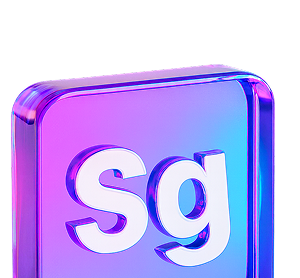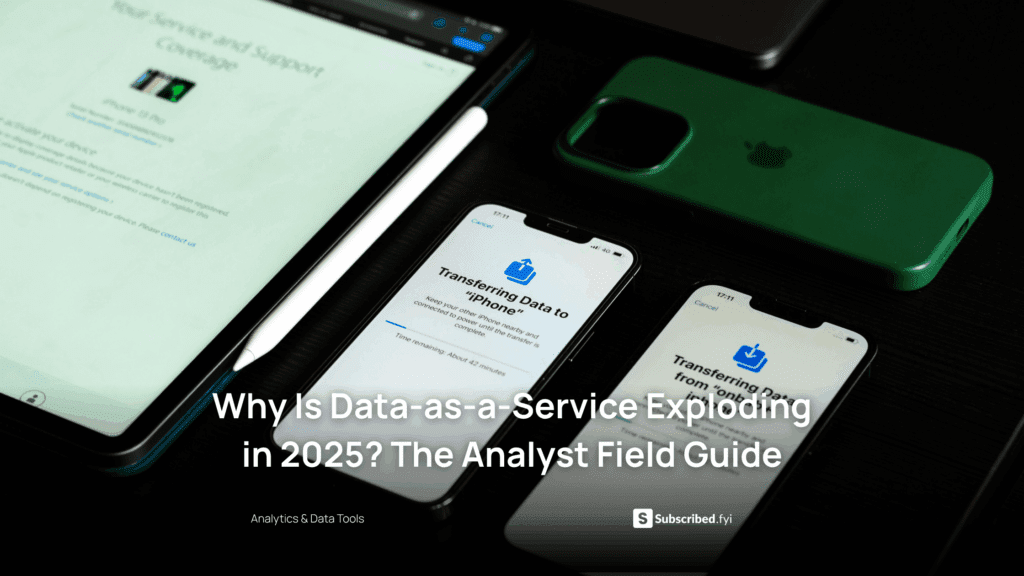Ultimate Guide: How to Use ChatGPT Search Feature
- AI Image Generators Software AI Writing Assistant Popular Tools AI Tools


The ChatGPT Search feature is a powerful tool that can elevate how you interact with information online, allowing you to gather data, answer questions, and explore topics more comprehensively. Released by OpenAI, this feature enhances ChatGPT’s capabilities by enabling it to search the web in real-time, providing you with up-to-date and relevant information. This guide will help you understand how to use the ChatGPT Search feature effectively, including tips, tricks, and practical applications to ensure you’re getting the most out of this AI-powered tool.
In this article, we’ll cover how to access, use, and benefit from ChatGPT Search to streamline your information-gathering processes. From students and researchers to businesses and freelancers, anyone can leverage ChatGPT Search to stay informed and gather insights quickly.
What Is the ChatGPT Search Feature?
The ChatGPT Search feature allows the AI model to perform real-time web searches to retrieve information on topics that might not be covered in its pre-existing knowledge base. Unlike standard ChatGPT, which has a knowledge cutoff date, the search feature bridges that gap by actively browsing the internet to provide answers and insights based on current data. This makes ChatGPT Search ideal for queries requiring real-time or recent information, such as news updates, evolving trends, or specialized knowledge.
Learn more about ChatGPT Search
Benefits of Using ChatGPT Search
ChatGPT Search is a valuable asset for users who need:
- Up-to-date information: Access current news, trends, and other real-time information.
- Expanded knowledge base: Find insights and data outside of ChatGPT’s pre-existing training data.
- Quick access to specific answers: Get specific answers to niche questions that the model’s training data may not cover.
- Enhanced research capabilities: Use ChatGPT Search as a research tool for gathering data on various topics.
Whether you’re conducting research, preparing reports, or simply looking for quick information, ChatGPT Search offers a dynamic way to fulfill those needs.
How to Access ChatGPT Search
To use the ChatGPT Search feature, you need a paid ChatGPT Plus or Pro subscription, as the search functionality is typically only available to subscribers with advanced versions of ChatGPT. Once you have access, follow these steps:
- Open the ChatGPT Interface: Log in to your ChatGPT account.
- Enable the Search Feature: Go to settings and toggle on the “Browse with Bing” or “Search” feature, depending on the specific interface you’re using.
- Input Your Query: Type your question or request. When necessary, ChatGPT will use the search feature to find real-time information.
- Receive Real-Time Information: ChatGPT will display answers based on web search results, allowing you to verify the sources and gain insights.
For detailed instructions, visit OpenAI’s support article on ChatGPT Search.
Step-by-Step Guide to Using ChatGPT Search
Step 1: Define Your Query
To make the most of ChatGPT Search, start by defining your query clearly. This helps the AI to focus on relevant information and find precise answers. Be as specific as possible, especially if your query is complex or niche.
Step 2: Use Contextual Prompts
When using ChatGPT for research, adding context to your prompts can yield better results. For example, instead of asking, “What is the latest in AI technology?” specify the area of AI you’re interested in, such as “What are the recent advancements in AI for healthcare?”
Step 3: Request Sources for Verification
If you need to verify the information, you can ask ChatGPT to cite sources. For instance, you could say, “Can you provide sources for the recent advancements in AI for healthcare?” This will prompt ChatGPT to include links or references.
Step 4: Refine and Redirect as Needed
If the initial answer isn’t satisfactory, rephrase or add specific details to your query. ChatGPT’s search function adapts to refined queries, allowing you to drill down further into a topic.
Step 5: Confirm the Results and Follow Up
After receiving a response, confirm the data accuracy by following up on any provided sources. ChatGPT Search results are based on real-time data, but verifying details through the provided links can enhance credibility, especially for research or professional use.
Tips for Getting the Most Out of ChatGPT Search
- Use Specific Keywords: Include precise keywords to help ChatGPT Search retrieve accurate information.
- Inquire About Related Topics: Ask ChatGPT to dive deeper into related aspects of your main topic for a well-rounded answer.
- Request Recent Articles or Studies: When looking for academic or scientific updates, you can specifically ask ChatGPT to search for recent publications or studies.
Applications of ChatGPT Search
- Academic Research: Students and researchers can use ChatGPT Search to gather data, find studies, and access academic papers in real time.
- Business Intelligence: Companies can leverage ChatGPT to track industry trends, monitor competitors, and gather market insights.
- Content Creation: Writers and marketers can use ChatGPT Search to obtain fresh content ideas, understand audience interests, and access industry news.
- Personal Use: From daily news to general knowledge inquiries, ChatGPT Search provides individuals with the flexibility to find answers on various topics.
Relevant SaaS Products for Using with ChatGPT
ChatGPT’s capabilities can be expanded by integrating it with other SaaS tools. Here are 5-10 popular SaaS products that work well with ChatGPT and enhance productivity:
1. Notion
Notion is a productivity tool that helps organize notes, tasks, and projects. It integrates well with ChatGPT, allowing users to streamline research, capture insights, and manage information in a structured format. Learn more about Notion here
2. Slack
Slack is a communication platform commonly used by teams for collaboration. You can use ChatGPT with Slack to answer queries, automate responses, or pull in live data directly into conversations. Explore Slack here
3. Zapier
Zapier automates workflows by connecting different apps. You can use ChatGPT to generate responses, which can then be automatically sent to other tools like Gmail or Trello through Zapier. Discover Zapier here
4. Grammarly
Grammarly is an AI-powered writing assistant that can refine your ChatGPT-generated content for grammar, style, and tone, making it ideal for professionals who need polished outputs. Find out more about Grammarly here
5. Google Workspace
Google Workspace includes tools like Docs, Sheets, and Slides. Users can leverage ChatGPT for data gathering, then use Google Workspace for organizing, editing, and presenting their findings. Visit Google Workspace here
6. Trello
Trello is a project management tool that helps track tasks and workflows. You can use ChatGPT to generate task lists, project updates, or timelines, which can then be organized visually in Trello. Learn more about Trello here
7. Asana
Asana is another project management tool where you can integrate ChatGPT insights into your project plans, task lists, and timelines, helping teams stay organized and on track. Check out Asana here
8. Dropbox
Dropbox allows users to store and share files, which is ideal for collaborating on ChatGPT-generated documents or storing research data for easy access. Explore Dropbox here
Conclusion
The ChatGPT Search feature offers a powerful way to access information online, blending the convenience of AI with the immediacy of real-time web browsing. By following this guide, you can leverage ChatGPT Search to gather data, answer questions, and explore topics with ease. Whether you’re conducting research, staying informed on industry trends, or looking for specific answers, this tool can be an essential addition to your workflow.
Subscribed.FYI: Your Ultimate SaaS Management Solution
As you integrate tools like ChatGPT Search and various word processing software into your daily routine, managing multiple SaaS subscriptions can become a challenge. Subscribed.FYI is here to simplify this process, offering a centralized platform where you can track, manage, and compare your software stack.
Through Subscribed.FYI Deals, users gain access to exclusive discounts on essential SaaS tools, helping freelancers, small teams, and businesses save money while accessing the best software. Subscribed.FYI provides detailed insights and comparison tools that support informed decision-making, so you can focus on what matters most. Whether you’re using word processing tools, AI resources, or communication software, Subscribed.FYI offers the support you need to optimize your software stack.
Relevant Links
- ChatGPT Search Feature Guide
- OpenAI Help Center
- Subscribed.FYI Main Page
- Subscribed.FYI Deals
- Notion
- Slack
- Zapier
- Grammarly
- Google Workspace
- Trello
- Asana
- Dropbox











